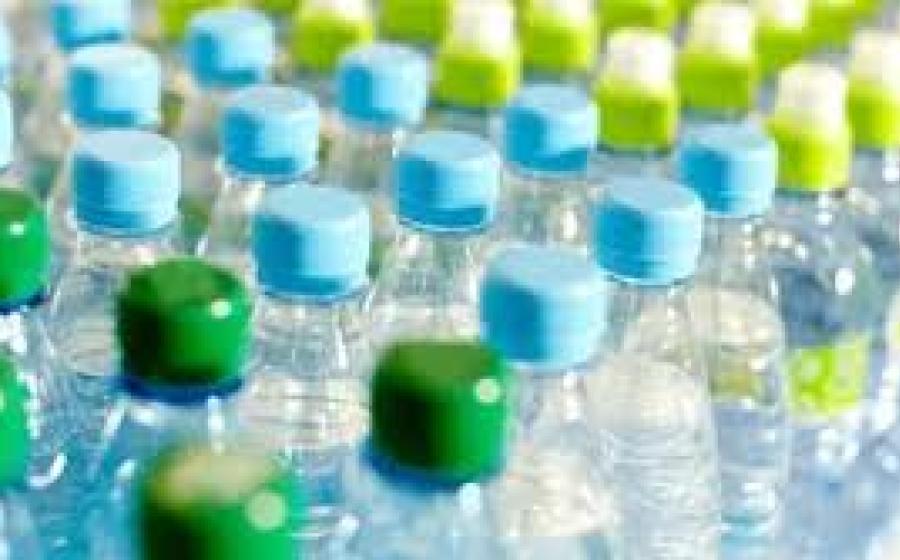
NIGERIA – Nestlé Nigeria has achieved a major sustainability milestone, becoming the first company in the country to incorporate 50% recycled PET (rPET) into its water packaging.
The innovation marks a significant step in advancing circular packaging and reducing dependence on virgin plastic.
Nestlé is a founding member of the Food and Beverage Recycling Alliance (FBRA), Nigeria’s first producer responsibility organization (PRO), which champions Extended Producer Responsibility (EPR) and drives accountability for post-consumer packaging waste.
“Today, some of the plastics recovered are rechanneled into Nestlé Nigeria’s 50% rPET inclusion project for its water brands, a first-of-its-kind achievement in Nigeria,” the company stated.
“This milestone underscores Nestlé’s leadership in advancing circular packaging solutions, setting a benchmark for the industry while inspiring broader adoption of sustainable practices.”
The initiative contributes to Nigeria’s circular economy agenda, transforming waste into value through community-driven recycling programs and innovation.
Working with FBRA and local recyclers such as Chanja Datti, Wecyclers, and Maladase Ecopreneur Management, Nestlé has diverted over 61,000 metric tons of plastic waste from landfills.
Its Plastic Advantage Programme empowers 43 mini-aggregators with training and equipment to enhance local recycling capacity, while the Employee Plastics Collection Scheme promotes internal waste reduction and employee engagement.
The company also recently partnered with IBM Research to develop AI-based processing technologies for environmentally sustainable barrier packaging materials, part of its global strategy to make all packaging recyclable or reusable by 2025.
Other global and regional players are taking similar steps to advance rPET inclusion. Coca-Cola Nigeria, for instance, launched bottles made with 20% recycled plastic in 2023, committing to use 50% rPET across all packaging by 2030.
In Kenya, Bio Foods Ltd achieved 100% recyclable milk bottles made from rPET, while PepsiCo Egypt introduced 100% rPET bottles for its Aquafina brand earlier this year.
Industry experts say these developments indicate accelerating progress toward regional circularity goals.
“The path forward demands continued multi-stakeholder engagement, stronger enforcement of EPR regulations, and scalable innovations that make recycling accessible to every household,” Nestlé Nigeria emphasized.
By pioneering 50% rPET packaging, Nestlé not only reinforces its commitment to sustainability but also sets a precedent for Nigeria’s packaging industry to adopt cleaner, more circular solutions.




